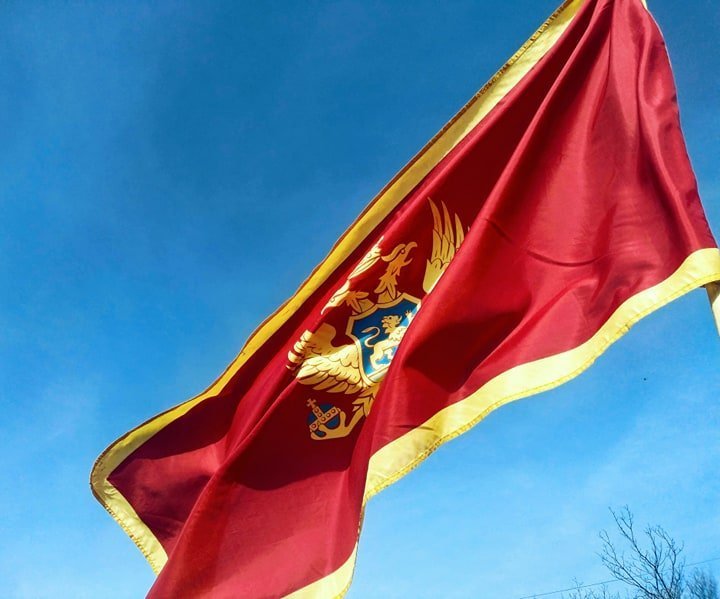Written by Boban Batrićević
Appreciating the efforts of anti-fascist organizations in Montenegro, this text will not be critically oriented but should be taken as a well-intentioned suggestion. Aware of the importance of their work, I will emphasize one phenomenon that continues to keep Montenegro trapped when it comes to the culture of remembrance of the Second World War. It is, I believe, a remnant of the Yugoslav communist tradition from which anti-fascist associations of fighters and supporters originated, and that is the celebration of Victory Day on May 9. It is a completely incorrect and, for the current political, cultural, and European context that our society aspires to, an unsuitable concept.
Namely, May 9 is Victory Day for the Soviet Union, on whose ruins today’s authoritarian, undemocratic, and anti-European Russia was built. On May 9, the Putin regime, following the Soviet paradigm, organizes a military parade, a megalomaniacal celebration of weapons of mass destruction, militarism, and Russian-Orthodox exclusivism. The celebration of Victory Day in Russia is a propaganda stage for the Kremlin’s aggressive nationalism and its assimilationist-neocolonial agenda. And that is where the whole story around May 9 ends, because May 9 is actually Victory Day for the Soviet Union over Nazi Germany, not Victory Day in the Second World War, since Japan capitulated on September 6, 1945.
Confusion often arises among Montenegrin citizens due to the ‘devil’s detail’ that Germany’s capitulation to the Western Allies formally took effect on May 8. That is why this date has been declared Victory in Europe Day in the Western cultural milieu. As for the Yugoslav legacy regarding the end of the war, it is a curious fact that the German units who found themselves in Yugoslavia did not want to surrender to its army, and hostilities continued until May 15. That is why, in the former Yugoslavia, two Victory Days were celebrated until the 1970s: May 9 and May 15. One reflected formal solidarity with the Soviet (and communist) perspective on the Second World War; the other reflected the distinctiveness and autonomy of the Yugoslav struggle—something Tito’s communists almost always proudly held onto.
As we mentioned, today’s Europe celebrates Victory Day on May 8. Today’s Russia celebrates Victory Day on May 9. Montenegro does not belong alongside today’s Russia—especially after the shameful instrumentalization of the USSR’s anti-fascist legacy by the Kremlin regime during the aggression against Ukraine. Celebrating May 9 alongside Putin is somewhat schizophrenic for people who believe that Montenegro’s membership in the EU has no alternative. That is why I propose reaching a consensus among anti-fascists that, from now on, Victory in Europe Day is celebrated on May 8 in Montenegro—leave May 9 to Putin, Lukashenko, Orbán, Fico, and Aleksandar Vučić.
It is also important to mention again that communist folklore and the EU flag do not go hand in hand. If they want to compete with revisionism, militant organizations under the codename ‘Orthodox brotherhoods’, and the entire psychological-propaganda machinery orchestrated by the Church of Serbia in its process of rehabilitating war criminals, anti-fascist organizations in Montenegro must go through a phase of rebranding and a rethinking of the anti-fascist struggle.
Only then will it be possible to separate the values of anti-fascism from its ideologized instrumentalizations, and only then will new generations be able to overcome inherited stereotypes and create their own Montenegrin approach to anti-fascism, without its nationalist appropriation, but rather in its entire regional (Yugoslav) and European context.








Jelena
Bravo to the author, glad to read such open minded views